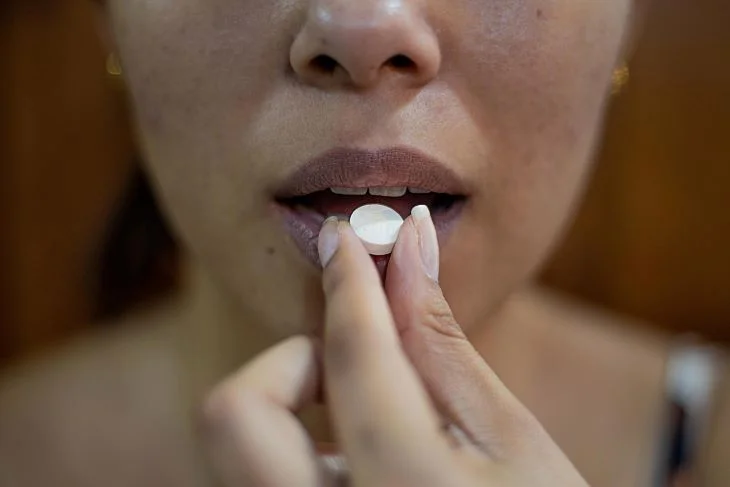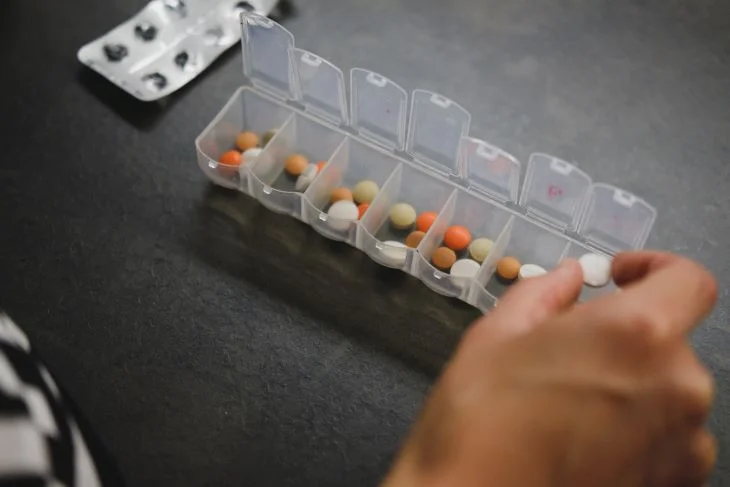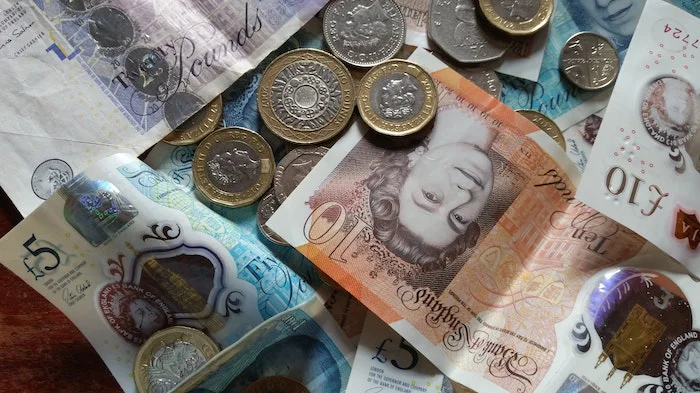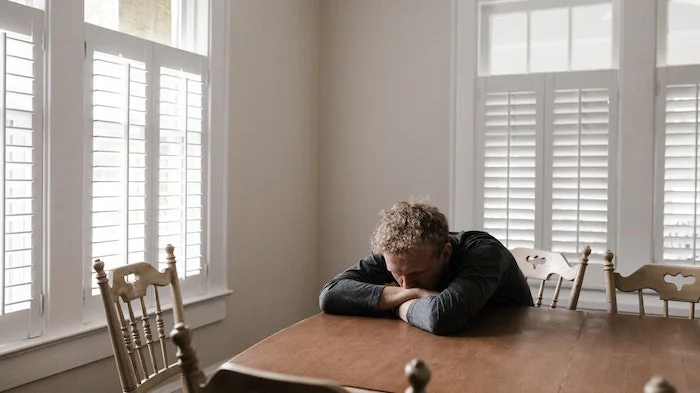Drug and Alcohol Rehab in Bury St Edmunds
Dealing with addiction can feel like walking through thick mud.
Everything feels heavy, and it can often seem like it’s impossible to move forward on our own.
Rehab Recovery‘s specialist drug and alcohol rehab in Bury St Edmunds and all across the UK are designed to help people overcome that feeling.
At Rehab Recovery, we are here to lend a hand to help you out of the mud and get you back to walking on a clear, even path.
Start your recovery journey today by calling our expert team to access drug & alcohol rehab in Bury St Edmunds on 0800 088 66 86
Key Things to Think About

Before you access drug and alcohol rehab in Bury St Edmunds, it can be helpful to think about the kinds of treatments that are available, and what kind of service can best meet your needs.
This page will give you a range of information to help you consider the key factors that may affect the type of rehab facility that would work best for you, helping you to think about the following kinds of questions:
- do I need inpatient or outpatient rehab?
- should I access NHS or private support?
- how will I fund my rehab treatment?
- what kinds of therapy are available?
- how long will I be in treatment?
- am I allowed to keep working whilst I’m in treatment?
- do I want to access drug and alcohol rehab in Bury St Edmunds or have it further from home?
- what happens when I leave rehab?
How common is addiction in Bury St Edmunds?

Bury St Edmunds is a town in the Suffolk area, in England, UK.
1. Alcohol Dependency in Suffolk
One needs assessment investigated how common alcohol addiction is in the Suffolk area.
It found that:
- 22,000 people in Suffolk are dealing with addiction to / are dependent on alcohol
- 15% of all adults (about 1 in every 7 people) in Suffolk drink excessively
- there were 4,310 alcohol-related admissions to hospitals between 2016 and 2017 [1]
2. Drug Dependency in Suffolk
An assessment by the same body also investigated how common drug addiction is in the Suffolk area, using statistics from Public Health England.
It found that:
- there were around 3,116 users of opiates or crack cocaine in the Suffolk area (around 6.86% of adults)
- between 700 and 800 people are admitted to hospitals in Suffolk after experiencing mental health issues relating to drug use every year
- drug and alcohol-related hospitalisations of young people between the ages of 15 and 24 are increasing yearly [2]
These statistics suggest that there are many people who would benefit from accessing specialist addiction support at drug and alcohol rehab in Bury St Edmunds.
Start your recovery journey today by calling our expert team to access drug & alcohol rehab in Bury St Edmunds on 0800 088 66 86
What kinds of addiction can I get help for?

When we talk about addiction, it’s often taken for granted that we are talking about substance or alcohol abuse.
Usually, this means there is a stigma that all addictions involve illegal substances. At Rehab Recovery, we know that is not always the case.
It is equally as possible to get addicted to legal prescription medication as it is to get addicted to something that has been obtained illegally.
For this reason, we offer treatment at drug and alcohol rehab in Bury St Edmunds for a wide range of substance addictions, including:
- Alcohol addiction
- Acid Addiction
- Amphetamine Addiction
- Anabolic Steroid Addiction
- Benzodiazepine Addiction
- Cannabis Addiction
- Cocaine Addiction
- Crack Cocaine Addiction
- Codeine Addiction
- Crystal Meth Addiction
- Ecstasy Addiction
- Fentanyl Addiction
- GHB Addiction
- Heroin Addiction
- Ketamine Addiction
- Methadone Addiction
- Prescription Drug Addiction
- Tramadol Addiction
- Valium Addiction
Alongside specialist treatment programmes for substances at drug and alcohol rehab in Bury St Edmunds, we also offer targeted care for behavioural addictions.
Unlike an addiction to drugs and alcohol, behavioural addictions are not related to substances, but to activities.
It is possible to get addicted to doing something, as sometimes these activities can release chemicals in our brains that make us feel relaxed, happy, or energised. [3]
Some behavioural addictions you can seek support for include:
What actually happens during rehab?

Most people have heard of rehab, but it is probably less common to actually know what happens in rehab.
At Rehab Recovery, we believe in transparency to allow clients, as knowing what to expect can help people to feel comfortable and safe.
1. The Admissions Process
Before rehab can start, you need to be assessed.
Assessment can sound quite intense, but in reality, assessment is simply a conversation between you and a professional to get a sense of how things are for you at the moment, and to establish how to move forward.
Assessment can take place via a GP or other medical professional, or with a specialised practitioner at Rehab Recovery.
You may be asked questions about your thoughts and feelings about how much you drink or use substances, and how it may be impacting your life. [4]
It is important to remember that these questions are not to be nosy and are not being asked in order to criticise you.
They are asked to best assess your needs and to catalyse the admission process to drug and alcohol rehab in Bury St Edmunds if needed.
2. Detoxing
Detoxing is often the first step of rehab itself.
A detox is a process of allowing the body to adjust to functioning without the presence of the addictive substance. Some people call it ‘weaning off’ a drug.
Detox is important as it makes sure you come off a substance safely. When our bodies start to get used to something, it can find it hard to recalibrate when it is no longer there.
The detox phase helps the body to adjust, allowing you to feel healthy and ready to start the next stage of rehab. [5]
If you require a detox (not all treatments do, as not all drugs are physically addictive) then this will happen at the start of your rehab programme. [6]
3. Therapeutic Support
Therapy is the main body of rehab.
Whilst detoxing helps you to deal with the physical effects of addiction, therapy is the psychological side of things.
The word therapy usually conjures images of people sitting in a room, talking to a clinician.
Whilst this does happen (and talking therapy is a widely used tool across many services) there are also many different ways to approach dealing with our mental health. [7]
At Rehab Recovery, we recognise that everyone thinks, feels, and experiences things differently. For that reason, we value choice.
This means that there is a range of types of therapy available for you to try at our drug and alcohol rehab in Bury St Edmunds to see what kind of support best helps you.
Some kinds of therapy and psychological treatments we offer include:
- Acceptance and Commitment Therapy
- Brief Interventions
- Co-dependency Treatment
- Cognitive Behavioural Therapy (CBT)
- Dialectical Behavioural Therapy (DBT)
- Family Therapy
- Group Therapy
- Holistic Treatment / Alternative Therapy (Art Therapy, Music Therapy, Equine Therapy, etc).
- Individual Therapy (1-1 Therapy)
- Motivational Enhancement
- Motivational Interviewing
- Psychotherapy
- Twelve-Step Facilitation Treatment (TSF)
- Contingency management
- Therapeutic communities or self-help groups
Start your recovery journey today by calling our expert team to access drug & alcohol rehab in Bury St Edmunds on 0800 088 66 86
How long will I need to stay in rehab?

No two recovery programmes will look exactly the same.
For that reason, it’s difficult to predict how long your treatment will last without learning more about your situation. [8]
This is something you can speak about in detail in an assessment by calling our helpline.
In general, though, the treatment option you go for – whether your care is accessed as inpatient or outpatient – may have an effect on the length of treatment.
1. Inpatient support for addiction and substance abuse
The average stay in a drug and alcohol rehab in Bury St Edmunds and beyond is 28 days or 4 weeks.
For some people, this may be less, or equally, it may be more.
This is because the clinical staff around you will be working to assess your needs over time.
This could mean that your treatment takes slightly more or less time than you anticipated.
2. Outpatient support for addiction and substance abuse
It’s a little harder to tell how long outpatient care will take.
This is because outpatient support is usually on an appointment basis. This means that you will be assessed appointment by appointment.
You could initially, for example, be referred for a course of weekly Cognitive Behavioural Therapy for three months.
Your clinician may find that this may need to increase to biweekly or may find that at the end of the three months, you could do with a few extra sessions.
Equally, it is possible that you could get two months in and feel that you do not need to access the sessions any longer.
A good rule of thumb is that your clinicians will not end your treatment until both you and they believe it is a sensible and safe decision to do so.
Start your recovery journey today by calling our expert team to access drug & alcohol rehab in Bury St Edmunds on 0800 088 66 86
How much does rehab cost?

Financing rehab can be a large concern for many people.
The cost of drug and alcohol treatment will largely depend on the treatment option you engage with.
1. The cost of residential rehab
Residential or inpatient rehab is often more expensive than outpatient rehab.
This is because the price covers the cost of round-the-clock care from specialists, as well as living costs and other provisions.
A 4 week’s stay in residential rehab will cost, on average, around £14,000. This means it costs about £500 per day.
This is an average, meaning there are facilities that offer support on both the lower and higher ends of the pay scale, ranging anywhere from £1,000 to £10,000 per week. [9]
2. The cost of outpatient rehab
Like with the duration of outpatient rehab, it is also harder to estimate how much outpatient programmes will cost, due to the appointment basis.
Usually, these kinds of programmes may be financed per session, meaning that you are charged for each appointment.
There may also be opportunities to pay for a ‘block’ of multiple appointments at once.
Do I need to pay for rehab myself?

The cost of your treatment will always be discussed with you first.
You will be provided with an estimate of how much your support will cost by the admissions team to allow you to make an informed decision about what kind of treatment to go forward with.
There are many ways to finance addiction treatment, and there is drug and alcohol rehab in Bury St Edmunds available at a range of prices.
1. Rehab on the NHS
If you access rehab via the NHS, you will not be charged.
This support is free.
NHS rehab is usually accessed by speaking with a member of staff from the health service themselves.
This could be a doctor, a nurse, a therapist or a member of the community mental health team.
The first treatments offered to patients are usually outpatient services. You could be offered medical treatment, a detox programme, or various forms of traditional or holistic therapy.
Inpatient rehab is often a last resort, due to the nature of lengthy waiting lists.
2. Funding private rehab
If you decide to start your recovery process with a private provider, it is possible that you may have slightly more control over the kinds of care you receive, as waiting lists tend to be shorter.
This can mean it may be easier to access inpatient support faster.
If you decide to access private support, there are several ways you can finance your care, including:
- in pre-planned, manageable instalments
- through health insurance
- through employee-related health benefit schemes at your workplace
- through fundraising or charities
- through support from family and friends
Start your recovery journey today by calling our expert team to access drug & alcohol rehab in Bury St Edmunds on 0800 088 66 86
Can I stay at Work?

Work is often a major concern when people start to look for support.
It can be unclear if we should expect our employer to support us through treatment if we can stay at work whilst in rehab or if it is required that we take leave.
The answer is that it is down to your personal situation.
You may be able to take leave on medical grounds or come to an agreement with your employer to be able to attend appointments around your work schedule.
Some people find that remaining at work during their time in rehab can help them feel grounded in a sense of normality.
Others find that staying at work can be a distraction that can ultimately take away from their recovery efforts.
Whatever your situation, under the law, your employer should be sensitive and supportive of your needs whilst also prioritising keeping you and others safe. [10]
Your ability to work can also be dictated by where you choose to go to rehab.
You may wish to stay in your local area and begin treatment at a drug and alcohol rehab in Bury St Edmunds.
Alternatively, you may decide that you do not want to go to a local rehab and may want to travel to a facility that is further away due to personal reasons.
Accessing support at a convenient location for you — whatever that may look like – may alter your ability to work.
If you travel for treatment, for example, it may be harder to keep working than in your stay in your local area.
What happens after I leave drug and alcohol rehab in Bury St Edmunds?

The final – and perhaps most important – stage of rehab is aftercare.
Aftercare is a package of support designed to keep you moving forward on your recovery journey once formal rehab ends.
At Rehab Recovery, aftercare will be built into your tailored support package.
Aftercare could take the form of either continuing the work you have already started in rehab or maybe a new kind of supplementary support.
Different options can include:
- talking therapy
- family therapy
- group therapy
- holistic therapy
- support groups and help in community spaces
Preventing relapse

Often, knowing that support will be available after leaving rehab can help reduce stress and concern about staying on the right path following residential treatment.
Essentially, aftercare is designed to help you feel confident in returning to sober life after attending drug and alcohol rehab in Bury St Edmunds.
It’s a pivotal part of the journey to recovery, and studies have shown that engaging with aftercare can significantly reduce the risk of relapsing. [11]
Rehab Recovery know that continued support can be key to promoting long-term recovery and healthier lives free from alcohol misuse and addiction to drugs.
Sometimes during therapy, it is possible to come across the reason behind addiction, or things that may have led to substance abuse.
This can include identifying mental health conditions that require ongoing treatment or recognising the need for family interventions as part of your relapse prevention plan.
Start your recovery journey today by calling our expert team to access drug & alcohol rehab in Bury St Edmunds on 0800 088 66 86
Contact Us Today
Drug and alcohol rehab in Bury St Edmunds may be the key to starting your journey to recovery. Rehab Recovery is run by a team of specialist dedicated staff from a range of medical, psychological, and clinical fields.
If you are ready to access support for your addiction and substance abuse you can contact Rehab Recovery at 0800 088 66 86 or use the online form to request a call back from a member of our specialist team about accessing support at a local rehab centre.
If you are uncomfortable with speaking over the phone, you can use our free chat service at any time of day, to speak with a professional virtually.
References
[1] https://www.healthysuffolk.org.uk
[2] https://www.healthysuffolk.org.uk
[3] https://www.ncbi.nlm.nih.gov/pmc/articles/PMC3164585/
[5] https://journals.healio.com/doi/abs/10.3928/02793695-20210816-02
[6] https://pubmed.ncbi.nlm.nih.gov/18570028/
[7] https://philpapers.org/rec/HEGRNH
[8] https://www.ncbi.nlm.nih.gov/pmc/articles/PMC2670779/
[10] https://www.unison.org.uk/get-help/knowledge/health-and-safety/alcohol-drugs-and-substance-abuse/
[11] https://www.ncbi.nlm.nih.gov/pmc/articles/PMC2670779/


